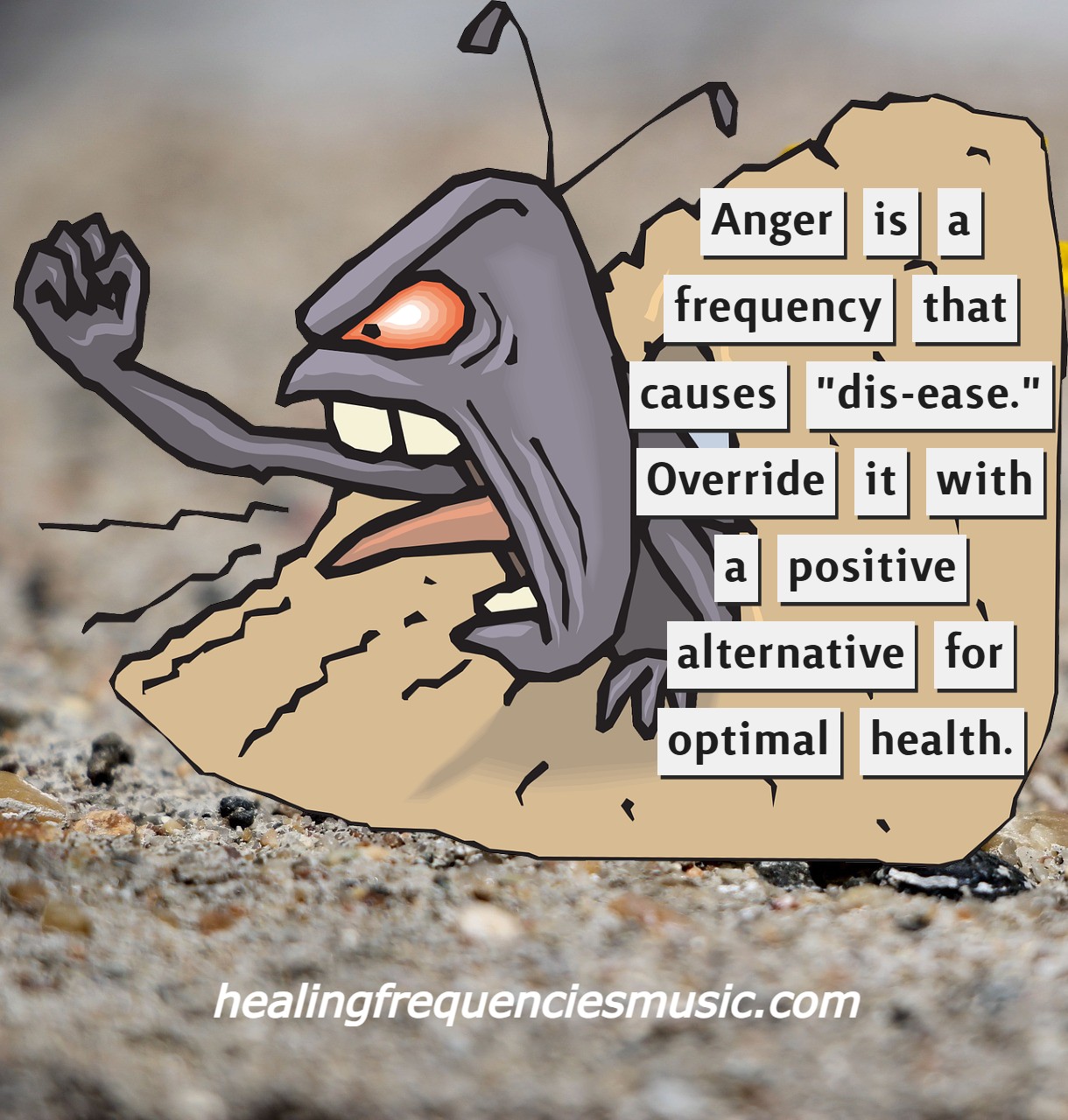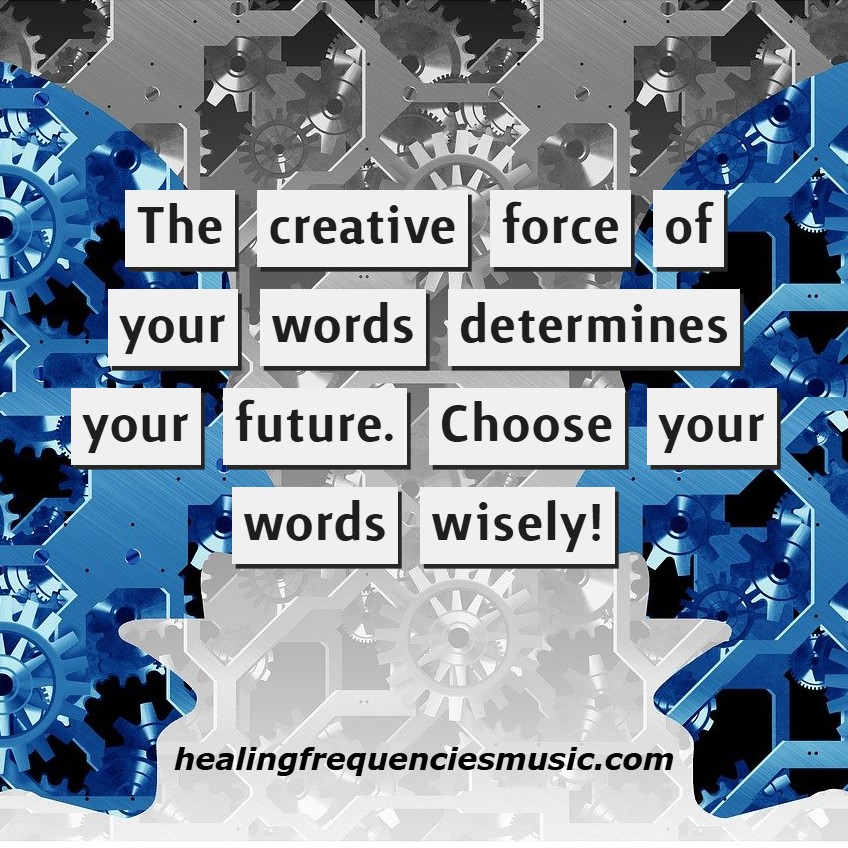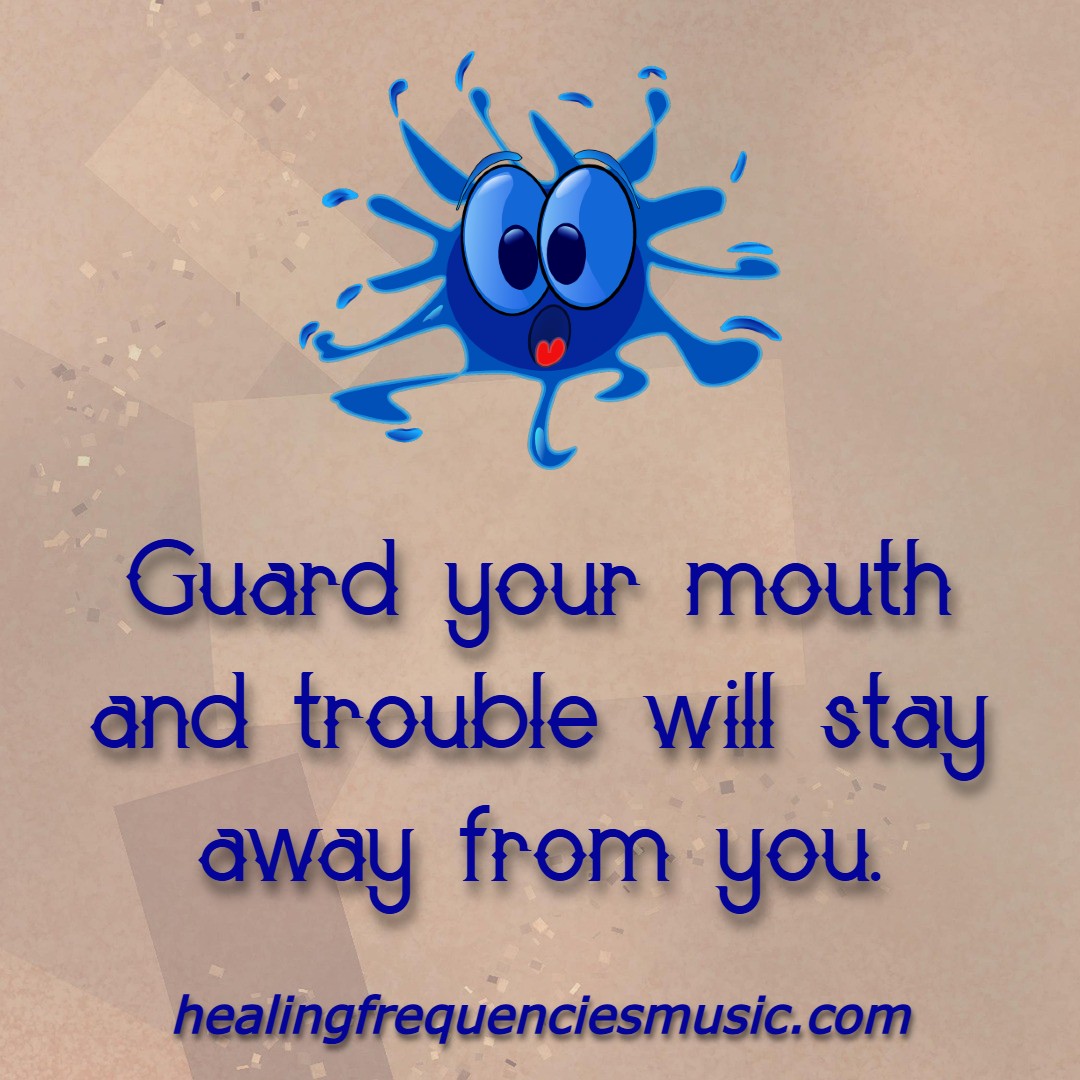This article was first published on the Free From Verbal Abuse site in 2015, not long after I'd discovered the secret to step into a healing protocol that's kept me well since that time. Ten years later (it's now 2025), there's more to add to this article. For this website (delhungerford.com), I take key articles from my various other sites that speak to general and hot topics of the day. At this time, we're dealing with interesting behaviors in society that I would call extremely abusive. If you need a refresher on the definitions of abuse, CLICK HERE.
Let's explore this a bit more by starting with some key points...
At what point in one’s life does he/she become labeled as an abuser? How many incidences of “being abusive” does it take? Those suffering at the hands of mean people are often accused of abuse themselves. In a situation involving domestic violence, the manner in which the “responder” behaves, allows the “initiator” to blame the responder for any abuse in the relationship.
The role of the “initiator:”
- Initiates, or is the first to demonstrate a poor behavioral pattern within an incident.
- The act of teasing, asking a question, making a statement, making an observation or, giving a certain look to get a response that could be negative.
- “Saying it like it is” despite how someone else might take it.
- Will “push through” until he/she feels the partner fully understands what’s being said despite the level of frustration of the recipient.
- Although this may be an unconscious decision, feels the need to be in control over an incident, a decision, or how the partner behaves.
- This person may recognize his/her behavior has upset the partner but continues the behavioral pattern anyway.
The role of the “responder:”
- Reacts to something someone else has said, often in a negative manner. For example: negative words, gestures, or non-verbal language out of frustration, anger, or hurt.
- This person may recognize his/her behavior has upset the partner. When this happens, he/she tries to change words, actions, or body language to keep the partner from becoming further frustrated or upset.
- Will often give in just to keep the peace. The idea is to appease the situation and focus on not making it worse.
- Wants the conflict to stop and will often do what it takes to ease the tension.

Anger, frustration, anxiety, bitterness, and their negative cuddle buddies stand alone until they are "practiced" and cemented into a daily lifestyle. EVERY abuser has practiced living a negative lifestyle.
You reap what you sow.
What puts the label of “abuser” on a person is repetitive abusive behavior. He/she may have no concept that what they are saying (or doing) could hurt someone. Many understand, but don't care. He/she often grows up thinking abusive behavior is normal, seeing it demonstrated by authority figures in his/her presence.
Because we are often the product of how we were raised, it can be difficult for some to realize that they are acting the way they saw demonstrated in the home. In order to change a behavioral pattern, a person must have a conscience. He/she must first realize that the poor behavior is wrong. Abusive behavior is always demonstrated by an abuser. However, not everyone who exhibits abusive behavior is an abuser.
The key to remember: An ABUSER…
- Wants control or "power over" the partner.
- Continually repeats his/her actions of abusive behavior.
- May say he/she's sorry and then go right back to original behavior.
- Exhibits many of the behaviors listed under "categories of abuse." (click here for link to list) Abusers engage in all or only some of the categories.
The definition of abusive behavior is words, actions, reactions, and body language that attacks, demeans, minimizes, berates, belittles, etc. another person. In layman’s terms, it’s plain old “being mean.” All you have to do is watch the movie "Mean Girls" that came out in the 90's to know what I'm talking about. This is where bullying begins. Because we are human, we are all mean to each other at times, especially when someone upsets us. To put it bluntly, being mean is a form of abusive behavior.
Have you ever said something you later regretted? The actions and words that we regret can often be classified as abusive behavior. It happens when we "talk before we think." It's that first thought that often comes flying out of our mouth. As my dad used to tell me, "Make sure your brain is engaged before putting your mouth in gear or you'll open your mouth and insert your foot." When we "flap our lips" before we've thought about what is coming out of our mouth, we are in danger of saying abusive words. When we respond out of hurt and trauma, chances are that our words will be negative, hurtful, and harmful.
Failure to acknowledge that when we treat each other poorly, we are in denial. Maybe that's the only way we know how to behave? Maybe it's because that's all that's been modeled in our home? Maybe it's because we're frustrated and don't know how to control our emotions? Maybe it's because we're angry, bitter, and don't value others that we lash out at things we disagree with?
The key here? Until we realize we're engaging in abusive behavior, we'll continue to go down a destructive path.

When it comes to determining who the abuser is in a relationship, it’s important to see that the one being abused may respond negatively at times. This is how an abuser can justify his/her actions. Human nature lends itself to not responding properly on a regular basis. A responder will often react to an initiator with abusive behavior but that doesn’t make him/her an abuser. Remember... an abuser has PRACTICED behaving a certain way. Their behavior is second nature to them. Every person at times engages in abusive behavior, especially when we're frustrated and "negatitively triggered."
An abuser will more than likely accuse the victim of being abusive when the victim responds in a negative manner. It’s important to understand the difference between the abuser and "abusive behavior.” An abusive individual is a person whose abusive behavior occurs on a regular basis. It’s the consistency of his/her actions that eventually solidifies the abusive paradigm within an individual. Narcissists, pyshcopaths, and some other mental conditions regularly engage in abusive behavior.
At the time I left the abusive marriage in 1999, abuse was considered "hush hush" to talk about, especially in the church, where it seems to run rampant. Why? It's because many religions teach that men are "over" women or should be their "covering." We see this in Christianity, Muslims, and even the Jewish communities. In some religions, women are considered as low as dogs. We also see abusive behavior in leaders (world, national, state, city, etc.). It's all about control and who should have it. An abuser ALWAYS wants to control.
We act out what we’ve seen modeled. For abusive individuals, they’ve had a history of poor actions/behavior/words modeled for them. Abusers tend to breed more abusers. How do we stop this trend? The old saying “garbage in; garbage out” has validity to it. When we stop making allowances for abusive behavior and call it for what it is, society may breed less abusers.

If you're not sure that you engage in abusive behaviors, consider placing a tape recorder, well... now a phone or another recording device, around the house so it captures what you say. Or, record conversations with people that you may disagree with or struggle with.
Your true nature will shine through.
I've said some really dumb things throughout my life. Yes, I've engaged in abusive behaviors but I'm not an abuser. I have done what I suggested above and it was pretty shocking. The more we pay attention to what comes out of our mouth and then make changes, the healthier we'll be - spirit, soul, and body.
As I end this article, here are some things to think about. HOW is it that we allow ourselves to be around and engage with those who demonstrate abusive behaviors? Consider the following could contribute to the "garbage in - garbage out" concept. What we think about, see, hear, and do, forms neuro pathways in our brain that then become a part of who we are. We fix the negativity by overriding it (through practice) with something of an opposite spirit. For example, override fear with love or anxiety with peace. Positive attributes are stronger frequencies than negative attributes. Our body "takes on" our thoughts, intents, and desires. If what comes out of our mouth is nothing but junk, we're going to live in a trash heap of a life mess. If that's not what you want to do, then...
Consider the following...
- How do people treat each other on TV? Do you watch sitcoms or other shows where people demean and treat each other poorly?
- How do people treat each other in the media? Which news stations constantly spew hate towards those they disagree with? We see plenty of that behavior during election seasons.
- How do political candidates treat each other?
- What kind of abusive behavior do you see in your family, your work, at school, in your neighborhood?
- Do you think it’s possible that we’ve seen so much abuse demonstrated in the media, TV, and movies that’s this kind of behavior has “desensitized” us to "verbal vomiting" by those around us?
- How can we put a stop to verbal abuse in society?
- How does verbal and emotional abuse affect these kinds of relationships?
- What effects does verbal and emotional abuse have on the viewing audiences of live streamers (especially those in chats)?
- Consider that negative news is what creates good ratings, which brings in money. People are addicted to drama and tend to watch more negative than positive news. When we CHOOSE to stop watching such things, organizations may get the memo that what they're putting out isn't popular.
- How do you think abusive behaviors are affecting society? If there was one or two things you could do to make even a small change, what would you do?
- How do you respond to the negativity around you? What could you do to bring more positivity into your life?
Conclusion
Everyone participates in abusive behavior whether we want to or not. The difference between an abuser and others has to do with habit patterns. If your "go to" method is to lash out at people when they make you mad, chances are you may be engaging in abusive behavior more often that you'd like. BUT... that abusive behavior could be as a responder and not an initiator. If that's the case, then there's some trauma to work through.
When I first got married, I tended to get angry when my husband said mean things to me. I spouted stuff off (verbal jabs) that made him mad. He clammed up, which for him was a form of control. He could then blame the problem on me. Once I learned to work through my own issues (life traumas), I didn't get as frustrated when he was mean to me, which also made him mad. There's a clue here... he wanted the control and nothing I did was good enough.
At this time, our society has gone nuts. Look at certain politicians who call for the destruction, bullying, or demeaning of other politicians they don't like. The riots (we'll call them for what they were) during COVID around the country were fueled by certain leaders who encouraged people to go out and protest. Some even called for bullying and destruction of property openly! When there was destruction, certain city leaders did nothing to stop it. It was "Oh, they're peacefully protesting." Huh!? How can destruction of property be peaceful? People who destroyed property were rarely arrested or held responsible. That type of behavior and response from leaders set a precedent for what's going on now.
Although it may seem gloomy at the moment, I still believe there's hope. That hope begins with us as we change the world... one word at a time. We CAN do this! Join with me in spreading love, joy, and peace over the entire world. Envision dropping love, peace, and joy "bombs" into every situation that's chaotic. It's a seed that initiates change, one love bomb at a time. This requires using your imagination with an intention to "release" goodness around you. Then, begin demonstrating Love through your behavior. You'd be surprised at how many people will respond to just a little bit of kindness.
You've got this!
Del
